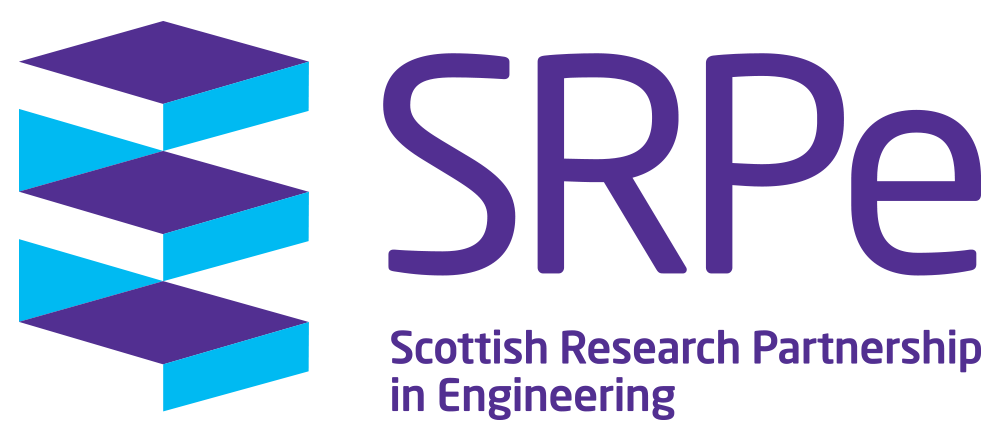Characterisation of Manufacturing Defects in Composite Pipes
Academic Institution: Robert Gordon University
Academic Supervisor: Professor James Njuguna
Industry Partner: Airborne Oil & Gas B.V.
PhD Student: Obinna Okolie
Start Date: 31st March 2020
Abstract
Manufacturing defects in thermoplastic composites are inherently linked to the manufacturing parameters, as thermoplastic matrices need processing at high temperatures. Such defects, together with residual stresses (thermo-mechanical), need to be critically assessed to predict the composite performance. An effective repair strategy can be implemented via an in-line (or embedded) inspection system coupled to an effect-of-defects study, which will be the topic of this project.
The embedded sensors will be used for the process monitoring and operation/installation of the composite products. This study involves comprehensive investigations, including experimental tests, analysing factors responsible for the residual stress build-up, micron-resolution computed tomography detection, thermography and finite element modelling of the defects and residual stresses governed by the manufacturing process in the thermoplastic composite pipes.
We will then develop a dedicated computational modelling strategy for composite pipes to deal with the influence of defects such as delamination, voids/porosity etc more efficiently. For instance, in the delamination study the pipe will be divided into two zones: the inner zone, modelled using an elastic beam theory, and the end zone, where major degradation takes place, for which a nonlinear 3D model will be employed.
As the volume of advanced composites components for oil and gas applications continues to rise and primary structures in other sectors are increasingly made from advanced composites, it is necessary to improve the current understanding on the quality of the materials, processes and design practices that are used to generate those composite pipes and structures. As production rates are expected to expand very markedly the quality target must be zero defects, zero rework and repair (with the associated concessions), and zero scrap.
